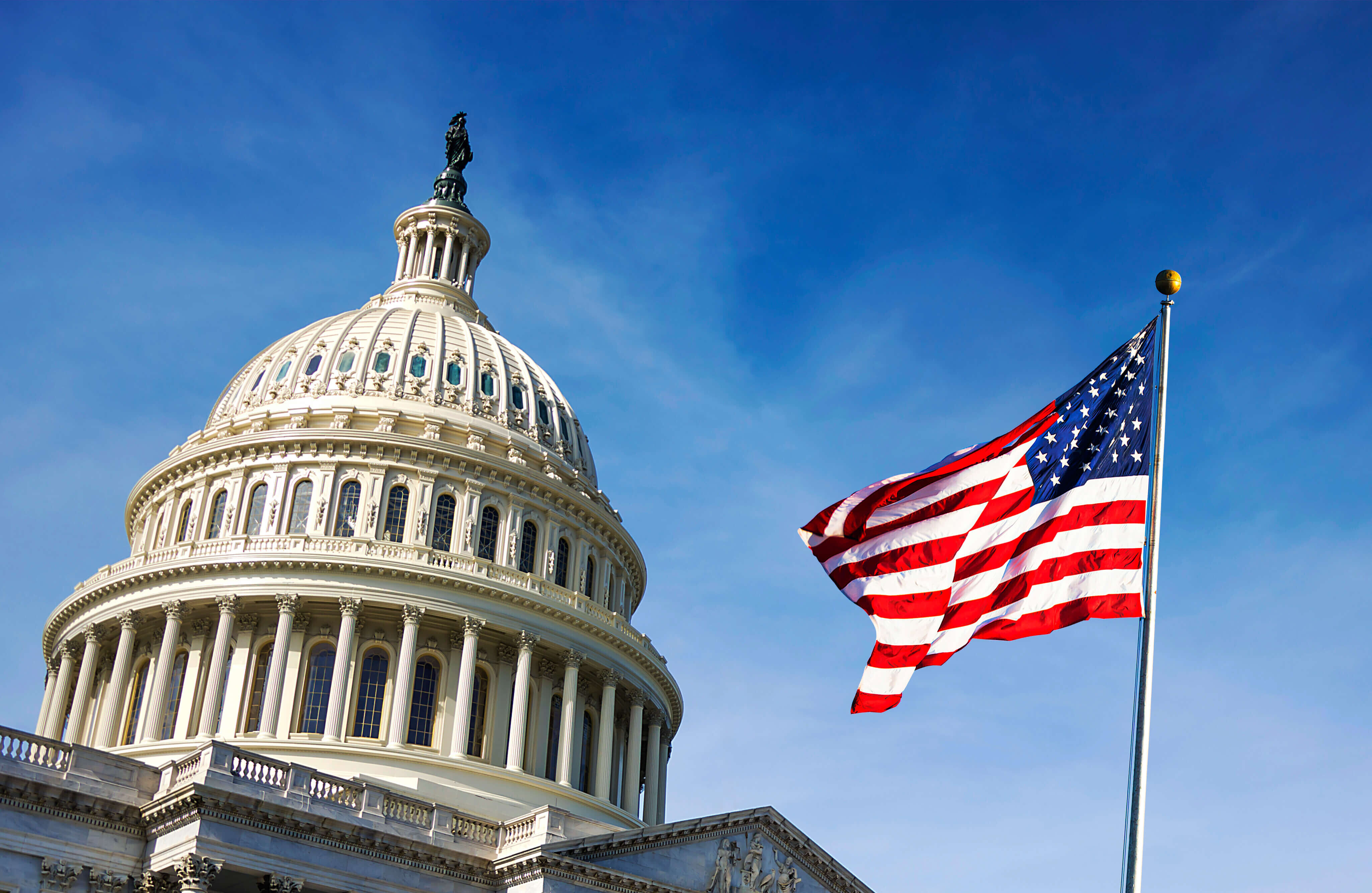Is Another US Government Shutdown on The Horizon?

Over the next week, the United States government faces the possibility of a shutdown as House Speaker Kevin McCarthy grapples with internal political pressures regarding spending plans.
The decision could also have adverse effects on the progress of crypto bills awaiting a vote, potentially impacting the future of cryptocurrency regulation.
Back in July, lawmakers from the House Financial Services Committee voted in favor of several crypto-focused bills.
The Financial Innovation and Technology for the 21st Century Act (FIT), the Blockchain Regulatory Certainty Act, the Clarity for Payment Stablecoins Act, and the Keep Your Coins Act garnered support and were among the more notable bills passed by the committee.
These bills could potentially be brought to a House floor vote during the current session of Congress.
However, a government shutdown would halt lawmakers’ ability to move forward with any legislation until the issue of funding the US government for the next fiscal year is resolved.
While government shutdowns are not uncommon in US history, the reasons behind them have shifted from concerns over funding to political maneuvering.
Crypto Experts Voice Concern Regarding Government Shutdown
Ron Hammond, the Blockchain Association’s director of government relations, has voiced concern about the possibility of a shutdown and its negative impact on the digital asset industry.
He noted the fractured divisions within the House Republican party and the Senate’s independent direction, making a shutdown increasingly likely.
“For crypto the longer the shutdown goes on, the more various bills including FIT/market structure and stables get pushed.”
14) However for crypto this is big as the Senate was always the obstacle for legislation getting signed into law. Whenever the shutdown fiasco subsides, this will be an important dynamic to watch. Whether you're watching the shutdown fight or Gensler this week, get your🍿ready!
— Ron Hammond (@RonwHammond) September 25, 2023
Several of the bills awaiting a vote have bipartisan support and are likely to pass in floor votes, Hammond said, while mentioning that “there is a lot of landmines politically that can tank either bill/any deal.”
Lawmakers have until September 30, before the start of the next fiscal year, to reach an agreement on the spending bills.
If a shutdown occurs, it would effectively halt the operations of non-essential federal agencies, including regulatory bodies like the US Securities and Exchange Commission and the Commodity Futures Trading Commission, which oversee digital assets.
As of September 25, Speaker McCarthy was reportedly planning to introduce spending bills that include provisions on abortion access restrictions, funding for a US-Mexico border wall, and other initiatives favored by far-right members of the Republican Party.
However, these initiatives are unlikely to gain approval from Democrats.
The House of Representatives is set to convene on September 26 to address the issue, while the Senate is scheduled to consider its own stopgap funding measure.
The possibility of a government shutdown comes as some lawmakers are increasingly pushing for crypto regulations.
For one, Senator Kirsten Gillibrand has said she is on track to convince her party members to embrace more digital asset regulations to move it from a partisan to a bi-partisan approach.
“I don’t think it has to be a partisan issue. I’m optimistic that through conversation, and through socialization of the ideas that are in our bill, it will become more bipartisan.”








